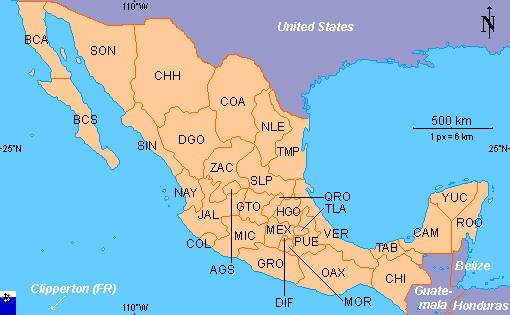
Oil output in Mexico, the third-biggest supplier to the US, is declining, and the state company Petroleos Mexicanos (Pemex) lacks the technology to explore for new reserves. For many the answer seems simple: more capital.
But now that senators have begun debating ways to attain that capital – a top priority of President Felipe Calderón – resistance has mounted, particularly to the idea to allowing in private enterprise.
In no place is there more opposition than along the industrial corridor in this resource-rich, steamy stretch of Veracruz State. "This oil is from here, and it belongs to us," says Francisco Lopez Martinez, who inspected oil barges at Pemex for 36 years before retiring this year.
Pemex has been Mexico's sacred cow since foreign companies were kicked out in 1938. Since then the Constitution has barred private ownership. Pemex is a source of national pride, but it's been crippled by inadequate funding, corruption, and inefficiency.
High oil prices have helped mask the decline, says Amy Myers Jaffe, an energy analyst at the James A. Baker III Institute at Rice University in Houston. Pemex generated revenue of about $100 billion last year. But the situation, under the surface, is dire.
Importance: The drop in oil output is bad for Mexico; Pemex supplies around 40% of the national budget, so losing the company does not appear to be an option. Mexicans are weary of foreign investment, though, because they feel it will take jobs away from them. Something will have to be done, however, to get the company the needed funding to investing in more technology. The company has also been subject to claims of corruption, indicating yet another instance when corruption has hindered Mexico's strides toward increasing development and democracy.
GRADE THIS POST!!!!!!!!






No comments:
Post a Comment